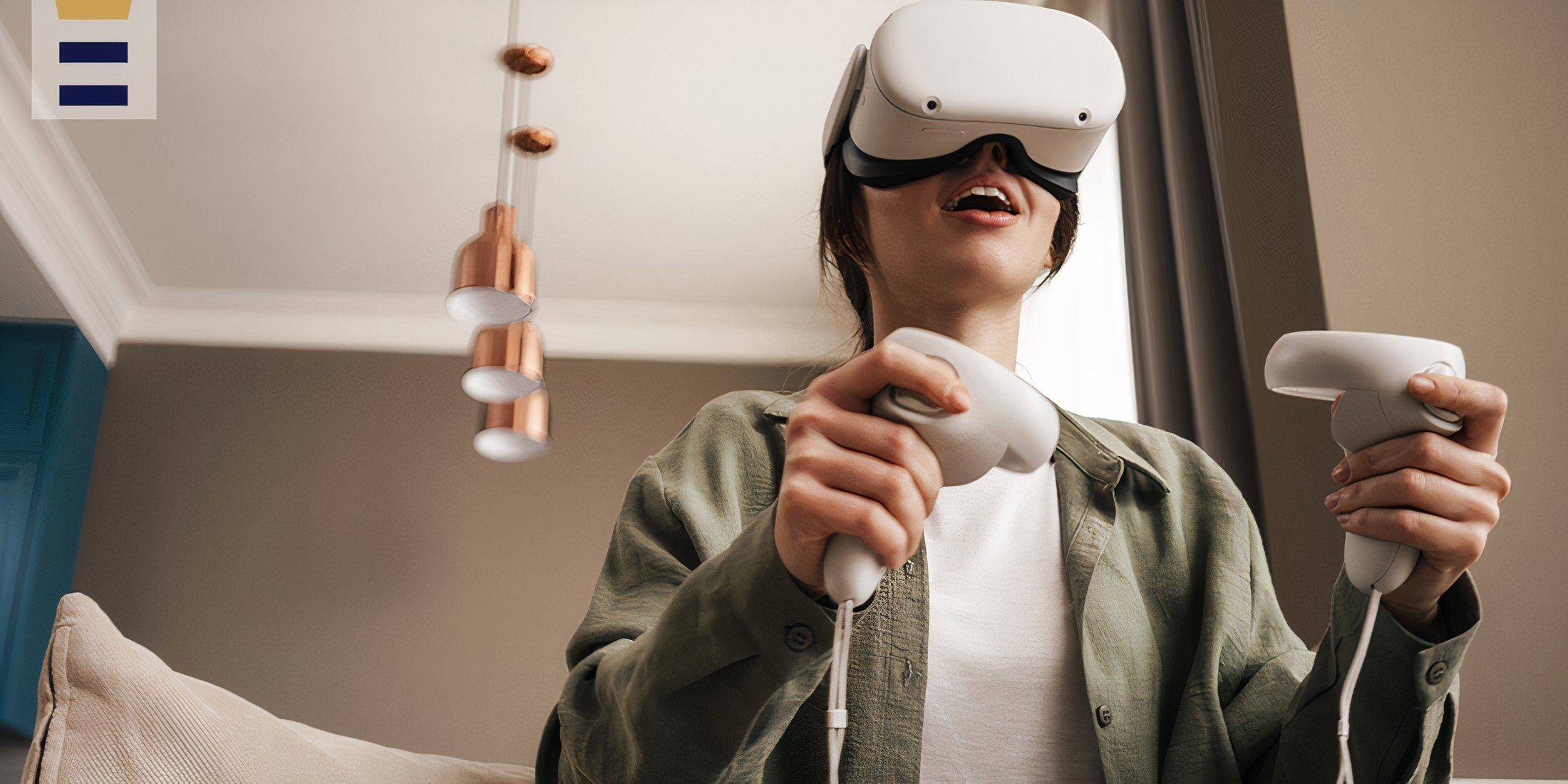
In a groundbreaking move, a Florida court has utilized virtual reality (VR) technology, possibly for the first time in the U.S., to present a case from the defendant's perspective. This innovative use of VR headsets, specifically the Meta Quest series, marks a significant shift in how legal proceedings might be conducted in the future.
While VR technology has been around for years, it has not yet achieved the same level of mainstream acceptance as traditional gaming. However, the Meta Quest series has made strides in making VR more accessible and user-friendly with its affordable, wireless headsets. This advancement has paved the way for its application in unique settings, such as the courtroom.
In a recent "stand your ground" case in Florida, the defense used VR to recreate a violent incident at a wedding venue owned by the defendant. The scenario depicted the defendant rushing to the scene to protect his property and staff, only to find himself cornered by an aggressive crowd. In response, he drew a gun, leading to charges of aggravated assault with a deadly weapon. The defense presented this critical moment using a computer-generated (CG) recreation viewed through Meta Quest 2 headsets, allowing court officials to experience the event from the defendant's viewpoint.
Virtual Reality Could Change How Trials are Handled
This pioneering use of VR in court could set a precedent for future trials. Traditionally, trials have relied on illustrations, photographs, and CG recreations to depict events. However, VR offers a unique immersive experience, making viewers feel as though they are part of the scene. This immersive quality could significantly influence jurors' perceptions and understanding of the events in question. The defense attorney is hopeful that, should the case proceed to a jury trial, the VR demonstration will be used to help jurors better understand the defendant's perspective.
The wireless nature of the Meta Quest headsets made this demonstration feasible, as it eliminated the need for cumbersome wired connections and external tracking systems required by other VR setups. The potential of VR to foster empathy and provide a deeper understanding of a defendant's mindset could lead to broader adoption of this technology by legal teams. As VR continues to evolve and become more integrated into various sectors, its role in the legal system may expand, offering new ways to present and interpret evidence.



















